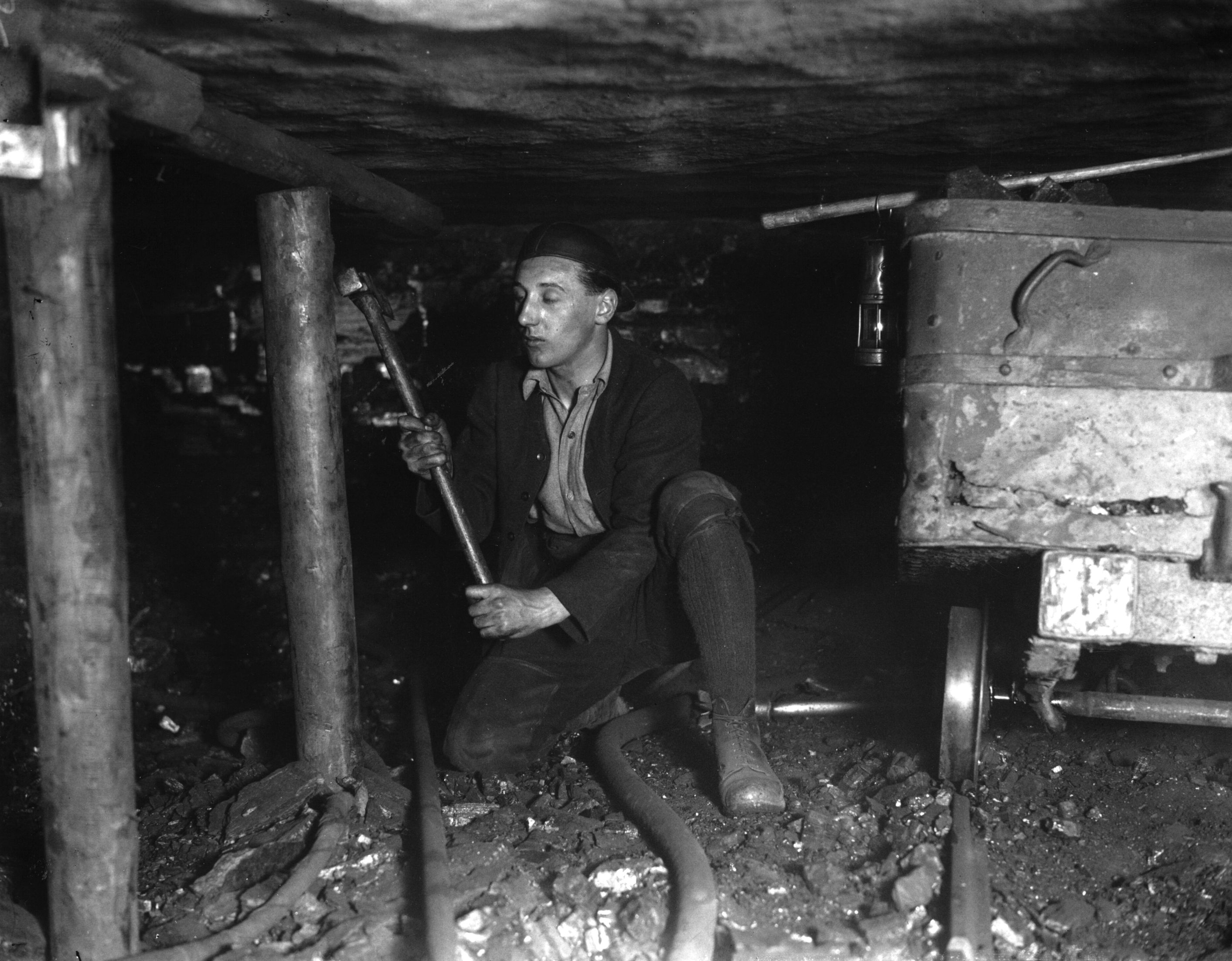Underground mining has long played a crucial role in shaping economies worldwide, providing resources essential for industries and everyday life. As demand for minerals continues to grow, understanding the economic benefits, costs, and implications of underground mining becomes even more critical. Let’s explore how this sector contributes to local and national economies, job creation, and the sustainable management of natural resources.
What are the Economic Benefits of Underground Mining?
Underground mining supports economic growth by providing a consistent supply of valuable resources such as coal, gold, and rare earth elements. These materials are fundamental to industries ranging from construction and technology to renewable energy. The economic benefits extend beyond the mining companies themselves, as the sector stimulates secondary industries such as transportation, manufacturing, and logistics.
Additionally, mining activities contribute significantly to government revenues through taxes, royalties, and export earnings. In resource-rich nations, this revenue can be reinvested in infrastructure, healthcare, and education, fostering long-term development.
How Does Underground Mining Contribute to Local and National Economies?
Underground mining boosts local economies by creating demand for goods and services in surrounding communities. Mining operations often rely on local suppliers for machinery, food, and housing, which stimulates small business growth. On a national scale, exports of mined resources strengthen trade balances and bolster economic stability.
In countries like Australia, Canada, and South Africa, mining serves as a cornerstone of economic policy, accounting for a significant share of GDP. The ripple effect of mining ensures that the economic benefits extend well beyond the mine site.
How Does Underground Mining Affect Employment?
One of the most tangible benefits of underground mining is its ability to generate employment. From engineers and geologists to machinery operators and maintenance staff, the industry creates diverse job opportunities for individuals across all skill levels.
In addition to direct employment, underground mining indirectly supports thousands of jobs in auxiliary sectors such as equipment manufacturing, catering, and transportation. For many rural communities, mining provides stable, well-paying jobs, helping to alleviate poverty and improve living standards.
What Types of Jobs are Created, and How Do They Impact Local Communities?
Mining creates skilled and unskilled positions, fostering workforce development in local communities. Training programs offered by mining companies often equip workers with transferable skills, enhancing their long-term employability.
The financial stability provided by mining jobs also positively impacts local economies. Employees spend their income on local goods and services, leading to increased business activity and stronger community bonds. However, it is essential to address social challenges such as housing shortages and increased cost of living in mining regions to ensure equitable growth.
What are the Costs Associated With Underground Mining?
While underground mining offers significant economic benefits, it also involves substantial costs. Operational expenses include labor, equipment maintenance, and energy consumption. Additionally, companies must invest in safety measures, technology upgrades, and environmental management systems to comply with regulations.
Social costs, such as displacement of local communities and infrastructure strain, can also impact profitability. Addressing these challenges requires a balance between economic efficiency and social responsibility.
How do Operational, Environmental, and Social Costs Affect Profitability?
Operational costs such as drilling, blasting, and ventilation significantly impact a mining company’s bottom line. Environmental costs, including land rehabilitation and water management, add another layer of expense. Social costs, such as community relations programs and compensation for displaced residents, further influence profitability.
However, innovative technologies such as automation and renewable energy integration can help reduce these costs while improving operational efficiency. Companies that prioritize sustainable practices often find themselves better positioned to maintain profitability in the long run.
How Does Underground Mining Impact Natural Resources?
Underground mining relies heavily on the extraction of non-renewable resources, raising concerns about sustainability. Over Extraction can deplete reserves and harm ecosystems, making responsible resource management essential.
Innovations in mining technology, such as precision drilling and resource modeling, help minimize waste and ensure efficient resource use. Recycling and reprocessing initiatives also play a crucial role in extending the lifespan of mined materials, reducing the pressure on natural reserves.

The Economic and Social Implications of Underground Mining
Underground mining remains a critical driver of economic growth, offering significant benefits for local and national economies. By creating jobs, fostering industry growth, and generating government revenue, the sector has the potential to uplift entire communities. However, addressing the environmental and social costs associated with mining is crucial for long-term sustainability.
As technology advances and sustainability becomes a priority, the mining industry has an opportunity to balance economic growth with environmental stewardship. By embracing innovation and community engagement, underground mining can continue to contribute to global development while minimizing its impact on natural resources.

